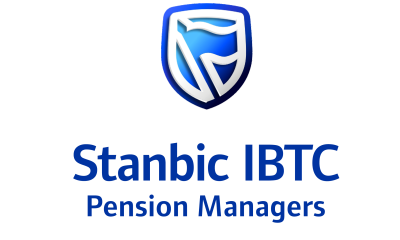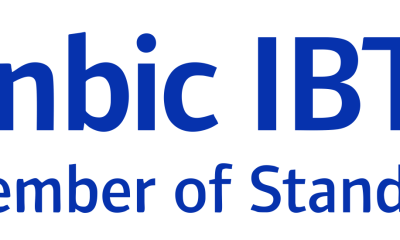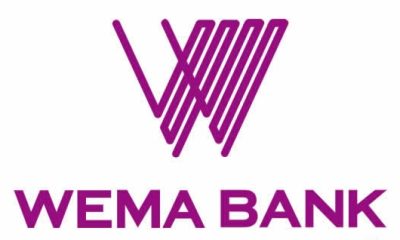Article
Nigeria’s Economic Outlook: What August 2025 Holds for Businesses

By: Ijeoma Nelly Iwuoha
As Nigeria steps into August 2025, businesses, investors, and policymakers are closely watching the economic landscape. After a challenging start to the year marked by currency fluctuations, rising fuel prices, and global market uncertainties, August is projected to bring both opportunities and challenges. This report explores the key factors shaping Nigeria’s economy this month, including inflation, exchange rates, and sector-specific trends.
1. Inflation and Cost of Living
The National Bureau of Statistics (NBS) reports that Nigeria’s inflation rate has moderated to 13.9% in July, down from 14.6% in June. While this is a positive sign, the cost of living remains a pressing concern for millions of Nigerians.
-
Food Inflation: Although food prices are stabilizing due to improved harvests in the north, logistics costs and insecurity in key agricultural regions remain barriers.
-
Energy Costs: Electricity tariffs are expected to rise slightly in August as regulators adjust for fuel import costs, potentially increasing operational expenses for SMEs.
Takeaway for Businesses: Companies should anticipate modest relief on raw material costs but prepare for higher energy bills. SMEs in the food sector may benefit from increased demand as households prioritize essentials.
2. Exchange Rates and Forex Access
The Central Bank of Nigeria (CBN) has maintained its new FX window introduced earlier this year, allowing greater access to dollars for importers and exporters. As of August 1, the naira trades at ₦1,225/$ on the official window, with the parallel market hovering around ₦1,320/$.
-
Winners: Export-oriented businesses, particularly in agriculture and fintech remittances, stand to benefit.
-
Losers: Import-dependent firms continue to struggle with high costs despite FX reforms.
Takeaway for Businesses: Firms relying heavily on imports should explore local sourcing and renegotiate supplier contracts to cushion forex volatility.
3. Growth Sectors in August
-
Agriculture: The Federal Ministry of Agriculture projects a bumper maize and rice harvest this month, potentially lowering food prices. Export demand for cocoa and sesame seeds remains strong, especially from Europe.
-
Technology & Fintech: With over 45 million Nigerians actively using fintech apps, mobile lending and digital payments are expected to hit record highs in August.
-
Real Estate & Construction: As the government rolls out infrastructure projects under the National Development Plan, demand for cement and construction services is projected to rise.
-
Energy: The Dangote Refinery continues to make headlines, with its August expansion promising to reduce reliance on imported refined fuel.
4. Government Policy Updates
-
The 2025 Finance Amendment Bill, awaiting Senate approval, is expected to introduce new tax incentives for SMEs in the digital and agricultural sectors.
-
The Startup Act, now fully operational, provides regulatory clarity for tech firms, boosting investor confidence.
-
Infrastructure investments worth ₦300 billion are set to kick off this month, targeting roads and renewable energy projects.
Takeaway for Businesses: Entrepreneurs in tech and agriculture should prepare to leverage new tax reliefs and grants as policy implementation begins.
5. Risks to Watch in August
-
Security Concerns: Insecurity in some northern states continues to threaten food production.
-
Power Supply: Frequent blackouts in Lagos and Abuja could disrupt manufacturing and ICT operations.
-
Global Oil Prices: A sudden drop in Brent crude below $75/barrel could strain government revenue projections.
August 2025 is shaping up to be a pivotal month for Nigeria’s economy. While inflation shows signs of easing and growth sectors such as fintech and agriculture present opportunities, businesses must remain vigilant in managing costs and adapting to policy changes.
Bottom line: Success this month will depend on agility, how quickly businesses can adjust to Nigeria’s shifting economic currents.



























